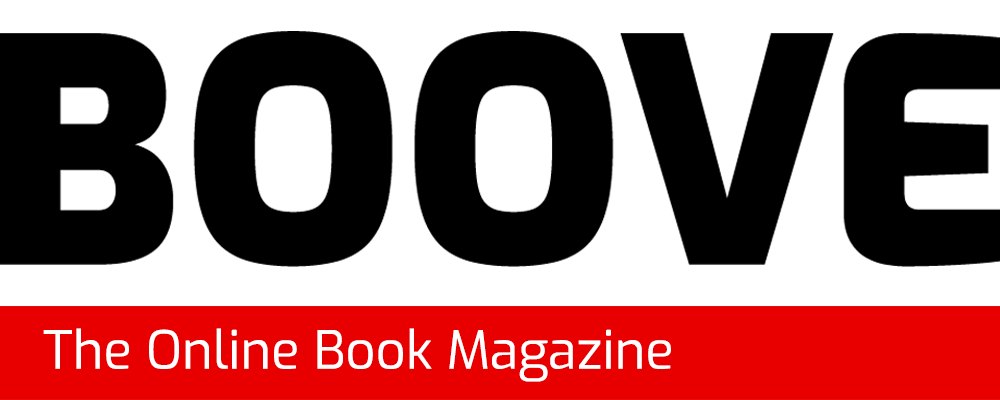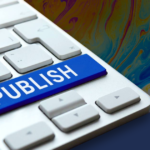Are you thinking about writing a book, or do you already have a finished manuscript in hand? Excellent! Now are you looking into the different options that are available for publishing your book and bringing it into the world? If so, then you might have already heard about hybrid publishing.
Hybrid publishing is a publishing model that is tailor-made for the times we live in. It combines the higher standards of traditional publishing with the greater openness of self-publishing, and is sometimes called partner publishing.
Hybrid publishing provides many unique benefits for authors who are looking for a home for their book; however, it won’t be right for every author. Here are some of the main advantages and disadvantages when publishing with a hybrid publisher.
What Does Hybrid Publishing Entail for Authors?
With a hybrid publisher, you get support from a team that cares about your success. This team includes professional editors, cover designers, and marketing professionals as well as partners who want to see you succeed in your publishing endeavor. With this type of publisher, you can provide feedback to all of the contributing members of your team, allowing you to build a deeper connection and understanding of your project.
You also get the benefit of having your work professionally edited. This becomes incredibly important when you’re writing something intended for a broad audience. It’s also a huge benefit to have a professional editor for the final product, including your cover!
Additionally, you have the support of multiple vendors and partners. You’ll have access to your publisher’s website, which will make it easy to have your work linked within a network of readers, fans, fans. Being tied into this network allows you to grow your brand and make a name for yourself, which is crucial as an author.
As stated earlier, there’s great opportunity to create a partnership relationship with a hybrid publisher. This kind of publisher will want to see you succeed, which means giving you the tools you need in order to reach your audience. There are also many services that you can request to help spread the word about your book.
Size of Your Press Will Determine Cost
With any publisher, the smaller the press, the less expensive the book-printing costs. Therefore, if you’re publishing a first edition, you might take advantage of a small press to help you get started. Right now, with the newness of hybrid publishing, some smaller presses are offering particularly attractive rates and features in order to attract authors who are interested in this type of publishing model.
The Difference Between Offset Printing & Digital Printing
Offset Printing: This is the traditional style of printing with ink on paper. With offset printing, the book pages are printed in a press, then sent to a bookbinder to be sewn together and trimmed. This is not only the most durable printing method, but also the most expensive.
Digital Printing: Digital printing is similar to offset printing, except that ink is printed on a machine and sent to a binder and book trimming machine to be put together. The digital printing process is more cost effective than offset printing, but your book quality may be slightly lower. With digital printing a large quantity of books can be printed in one batch. With offset printing, a piece of the book (or a complete book) has to be printed, stored, and shipped. This creates extra shipping and storage costs.
Self-Publishing Versus Hybrid Publishing: The Advantages
- We know that many authors can self-publish their work, although self-publishing can be expensive and time-consuming. The many benefits of publishing with a hybrid publisher can still be achieved by going with a self-published option. The main advantages of self-publishing include:
- You keep all the profits from your book sales.
- You are in control of the entire publishing process.
- You can print only a specific number of books.
- You can choose your printing company.
- You can work with a friend or fellow author instead of the hybrid publisher.
- Disadvantages of Self-Publishing
- It takes time to self-publish and promote your book.
- You have to know all the printing companies and self-publishing services that are available.
- You will have to allocate money for the development, editing, and printing of your book.
A hybrid publishing publisher will take care of a lot of the work that you would do as the self-published author. Some advantages to publishing with a hybrid publisher include:
- You will get your book into more online and brick and mortar stores, like Barnes and Noble, or into independent bookstores.
- You will have access to professional marketing services, including advertising, website services, online promotions, social media, etc.
- You will have access to a professional editor for your book.
- You will be able to get your book into multiple markets worldwide.
Disadvantages of Hybrid Publishing
The main disadvantage of hybrid publishing is that you give up a percentage of your book sale profits for the support service the hybrid publisher provides. This doesn’t mean you have to be unhappy with the 30% or 40% that the hybrid publisher gets from your book sales. You can be so happy with this 30% or 40% that it’s well worth the deal. This means that you get professionally executed services that would cost you much more if you hired them on your own.
A 50/50 Hybrid Publisher Situation
So what if you could strike a deal with a hybrid publisher that you would only pay 50% from each book sale? That means that you would keep half of the profit, and the hybrid publisher would keep half. This would cut the hybrid publisher share of your book profits in half, which means that a 50/50 hybrid publisher deal is a great option!
If this sounds like the kind of deal that you’re interested in, you can reach out to your potential hybrid publisher for details. Through this talk, you can learn just how much they’re willing to give, or you can come up with a proposal together. Once you work out the details of your 50/50 deal, you will be ready to publish and share your book with the world. This is a groundbreaking publishing method, and you are at the forefront of it!
50/50 Hybrid Deal Can Profitably Put Your Book on the Market
As a self-published author who has what it takes to become a good writer, I applaud you for your hard work and perseverance. Your book will be published by a hybrid publisher before the end of the year, or you will throw your hands up in the air and save your time for more important things. Although self-publishing can be costly and time-consuming, you’ll still be able to obtain all the value of having a professional book published.
Would you like to be an author who writes full time? The place to begin is with building up your platform, which many authors say is harder than they imagined. The good news is that you don’t have to spend a lot to get started. You just need to have the passion and motivation. Most of the value of a book comes into play after you publish. This means that if you self-publish, you’ll have to charge money for your book to make it stick. If you publish with a hybrid publisher, your book will get into the top bookstores, and you will sell more books. It’s all about building your brand and making sure that your book is available.
Go tell your story to the world!



